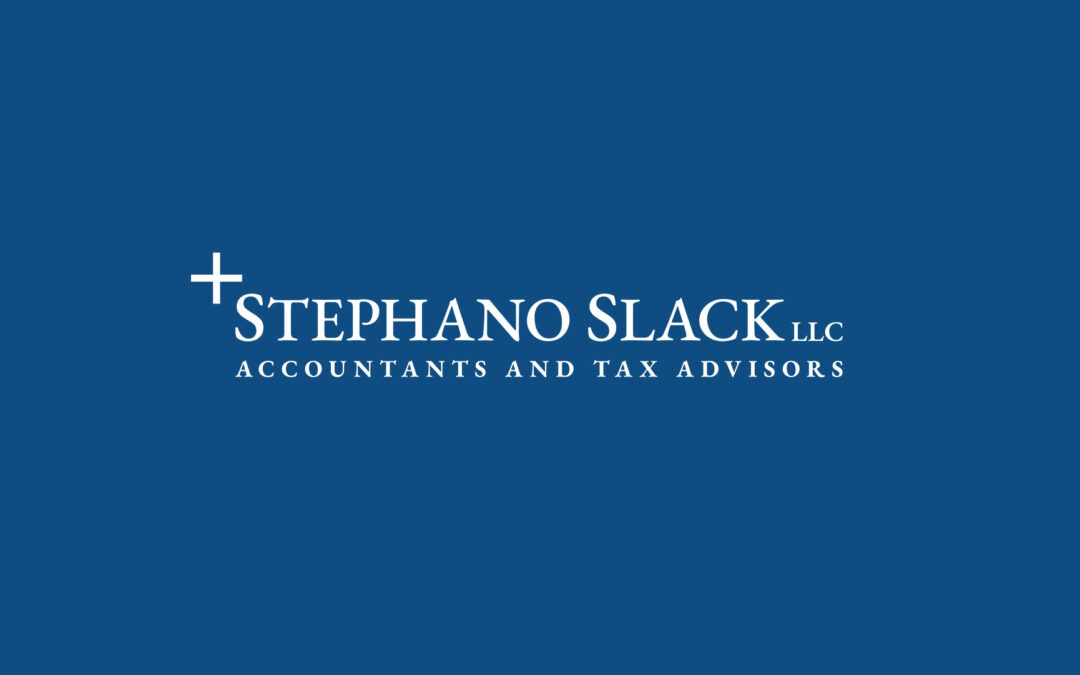The House passed the Senate’s CARES Act today. The Act includes individual tax relief provisions that we have broken down below:
RECOVERY RELIEF
- Advance rebate against 2020 taxes
- $1,200 for Individuals; $2,400 for joint, $500 for each child
- $5 phases out for every $100 in income over…
- $75,000 for single fillers
- $112,500 for heads of the household
- $150,000 for joint fillers
- Therefore, completely phased out by…
- $99,000 for single fillers
- $136,500 for heads of the household
- $198,000 for joint fillers
- Uses 2019 gross income, 2018 gross income if 2019 return has not been filed yet
- Eligibility:
- Must have a social security number for the taxpayer and all dependents, including the spouse
- Must not be:
- A nonresident alien
- Able to be claimed as a dependent
- A trust or estate
RETIREMENT PLANS
- Temporarily waves the 10 percent penalty on early withdrawals under $100,000 from qualified plans if spent on coronavirus-related expenditures. This spending must be made in the 2020 calendar year and includes:
- A test for the virus
- Anyone who has been in financial difficulty due to losing hours or employment due to quarantine or business closure
- Any income from with withdrawal is subject to taxes over a three-year period unless re-contributed to a qualified retirement plan, that amount ignores annual caps
- All minimum required distributions for 2020 are waived
CHARITABLE CONTRIBUTIONS
- Creates an above-the-line deduction of up to 300 for charitable contributions by individuals in the 2020 year
- Percent of adjusted gross income limitations are increased for all taxpayers and specific types of contributions; For the 2020 Tax year:
- Individuals can claim an unlimited itemized deduction for a charitable contribution
- The 10% of adjusted gross income limit is now raised to 25% for corporations
- The contribution of food inventory deduction limit is raised from 15% to 25%
EMPLOYER-PAID STUDENT LOANS
- Excludes up to 5,250 from income for payments of employee’s education loans
- Loan must be incurred by the employee for the education of the employee, not a child or someone else
- Payment can be made to the employee or directly to the lender
- Applies from date of enactment until January 1, 2021



Recent Comments